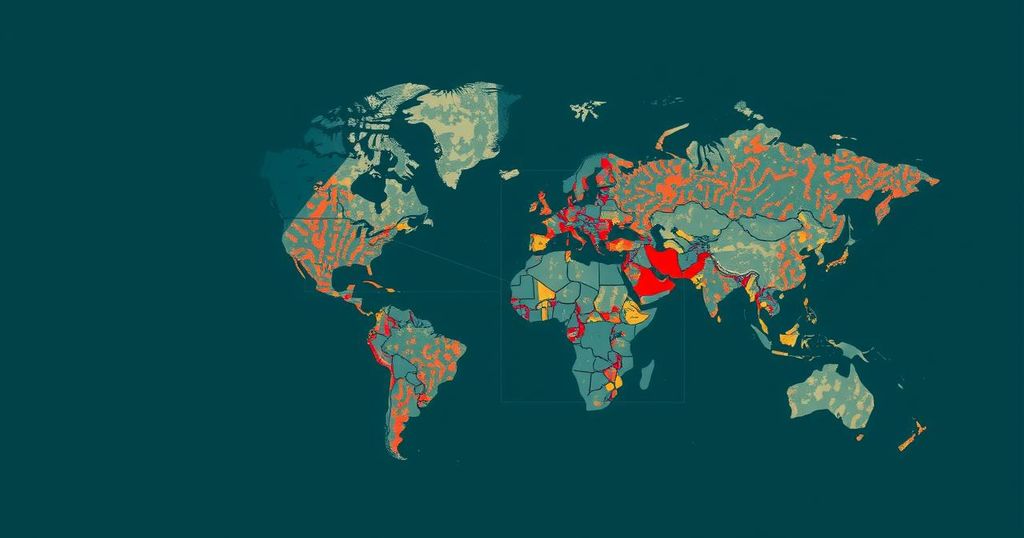Challenges Impeding the Implementation of South Sudan’s Peace Agreement

Ambassador Maj. Gen. Charles Tai Gituai of the RJMEC has outlined that the implementation of South Sudan’s peace deal is impeded by a trust deficit, insufficient political will, and inadequate funding. He urges the RTGoNU to mobilize resources and align institutional efforts to meet critical deadlines for elections while advocating for increased representation of women in governance roles.
The Reconstituted Joint Monitoring and Evaluation Commission (RJMEC) chairperson, Ambassador Maj. Gen. Charles Tai Gituai, has indicated that the implementation of the peace deal in South Sudan is hindered by various persistent challenges, including a significant trust deficit and inadequate political will. In his address during RJMEC’s 38th monthly meeting in Juba, he emphasized the critical need for a demonstrable commitment from the Revitalized Transitional Government of National Unity (RTGoNU) to mobilize the necessary resources to implement the peace agreement effectively. Ambassador Gituai urged the RTGoNU and affiliated institutions to synchronize their efforts to execute their responsibilities during the extended Transitional Period by developing actionable plans alongside budgetary allocations and timelines. He remarked that securing dependable funding and achieving swift progress on outstanding tasks would convey a reassuring message across the nation, signaling that the parties are honoring their commitments. Furthermore, he cautioned against perpetuating what he described as an “endless cycle of transitions” and stressed the importance of timely action to complete critical tasks necessary for forthcoming elections. Ambassador Gituai implored all parties to prioritize the implementation of essential procedures, particularly those surrounding constitution-making, electoral processes, and the unification of armed forces. He noted the importance of fostering an atmosphere of collaboration and urgency in these efforts. Additionally, he advocated for enhancing women’s representation in governmental appointments beyond the minimum threshold of 35 percent, underscoring that the engagement of women is vital for achieving long-term peace and security within South Sudan. In conclusion, Ambassador Gituai asserted that while international allies are prepared to aid the implementation of the Revitalized Peace Agreement, it is imperative for the RTGoNU to take the lead by securing a substantial portion of the funding required for these initiatives.
The peace agreement in South Sudan, aimed at ending prolonged conflict and establishing a stable governance framework, is facing substantial obstacles that threaten its implementation. Key among these challenges are insufficient political will, distrust among political factions, and the absence of reliable funding. The RJMEC, tasked with monitoring and evaluating the peace process, has identified these issues as critical barriers to progress. Furthermore, there is an insistent call for increased participation of women in political processes, which is seen as essential for fostering peace and governance.
The statements by Ambassador Maj. Gen. Charles Tai Gituai highlight the urgency and necessity for robust political commitment and financial mobilization in support of the peace agreement in South Sudan. The emphasis on women’s representation underscores the importance of inclusivity in achieving lasting peace. Without timely action and proper resource allocation by the RTGoNU, the risk of stagnation and the continuation of a cycle of transitions remain valid concerns.
Original Source: sudantribune.com








